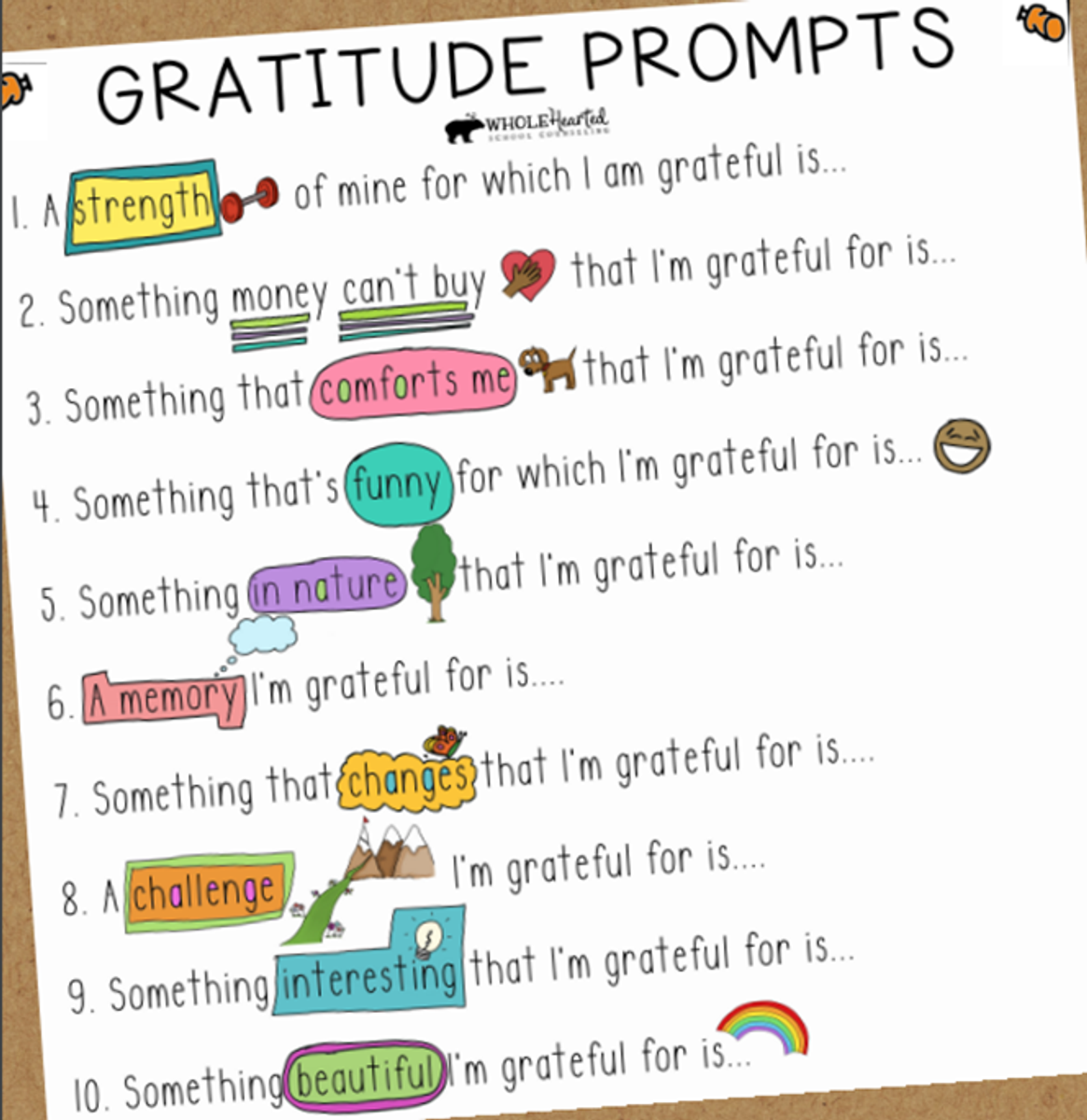Wellbeing
At Holy Rosary School all children and families are expected to be Wellbeing Warriors who look after the safety and wellbeing of themselves and others

Wellbeing
At Holy Rosary School all children and families are expected to be Wellbeing Warriors who look after the safety and wellbeing of themselves and others
Last week we spoke about a whole school approach to mental health and wellbeing in primary schools. The need for a whole school approach that is consistent and uses a shared language is essential for efficacy and impact.
One such approach or model for wellbeing is PERMAH, as introduced by Martin Seligman an American Psychology. PERMAH stands for Positive Emotion, Engagement, Relationships, Meaning, Accomplishment and Health. These are the pillars for Martin’s model of wellbeing. The Health pillar has been added recently, Martin’s original model was just PERMA.
Each pillar was developed through research, experience and interpretations around what contributes to good wellbeing. There is no set program as such to implement in schools, however the pillars can be implemented through various activities and practices. Some of the pillars are being taught at Holy Rosary through Respectful Relationships, such as students learning to name and identify emotions. Other pillars are embedded in practices such as the way students are engaged in class, student voice through SRC and even small group social skills and wellbeing group work.
Each pillar can also be explored at home through practices such as talking about what you’re grateful for, setting up routines for good sleep and having positive and supportive relationships.


The above prompts are a great way to start a gratitude journal with children. This can be done verbally as a family discussion over dinner, a chat before bed or written in a journal. Building in practices such as gratitude journaling, can help children over time to have an optimistic outlook on life, identify positive emotions and also build positive relationships.